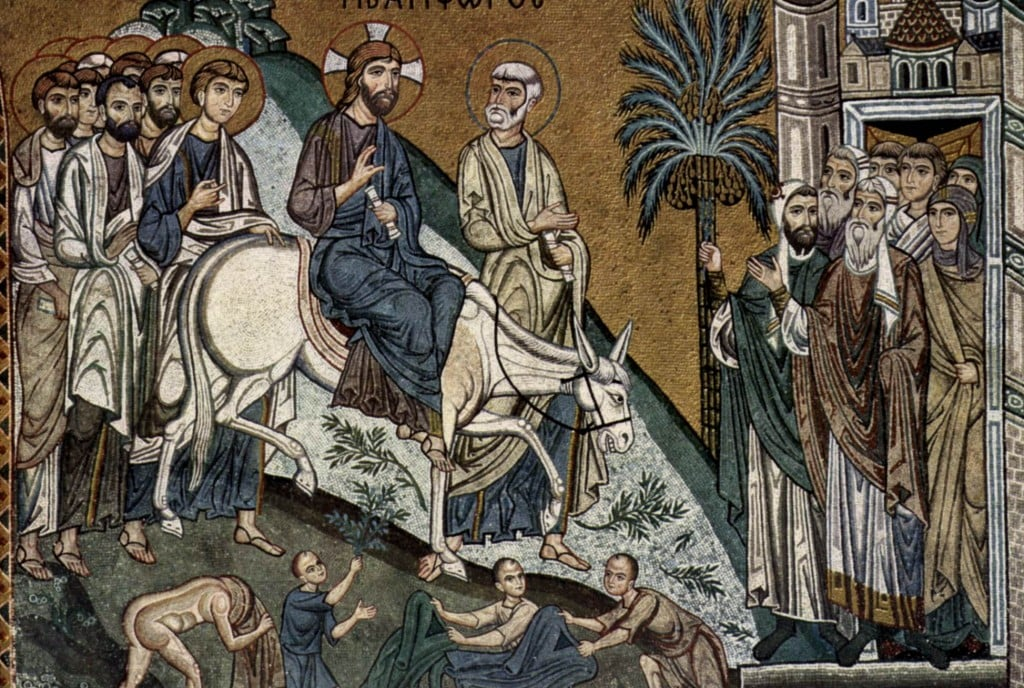The Second Sunday of Easter brings with it well-known texts, some containing insights about the Christ that go well beyond what Jesus claimed for himself during his earthly ministry. Revelation 1:4-8, the Second Reading appointed for this day in the Year of Luke, is a good example of this. The text contains multiple titles for Jesus, which continue to proclaim Christ's sovereignty and mercy. It will be the preacher's joy to proclaim this.
(The following questions are not meant to be exhaustive, but are best used in conjunction with other fine sets of questions available to exegetes. These questions highlight the way the Word functions in the text, a fundamental concern of Law and Gospel preachers. For more on this method and on Law and Gospel preaching in general, see my brief guide, Afflicting the Comfortable, Comforting the Afflicted, available from wipfandstock.com and amazon.)
1. How does the Word function in the text? Primarily this text proclaims the identity of Christ as faithful witness, first-born from the dead, ruler of the kings of the earth, as well as Christ's work as divine lover who freed us from our sins and made us to be a kingdom of priests, serving Almighty God. This is all a Gospel function.
2. How is the Word not functioning in the text? There is almost no hint of Law here, the only place being verse 7 where the writer declares that all the tribes of the earth, especially those "who pierced him," will wail at his appearance.
3. With whom are you identifying in the text? We are John's first hearers, needing to be reminded that we have a Lord who loves us, has freed us, and calls us to be priests of the Most High.
4. What, if any, call to obedience is there in this text? If there is a call to obedience in this text, it is the reminder that we are to be priests in service of God. In other words, we are not loved and freed only for our own sakes, but for the sake of the world.
5. What Law/Gospel couplet is suggested by this text? Since the only hint of Law is in verse 7, we might start with our couplets there. Some suggestions: wailing ones/rejoicing ones; fear/trust.
6. Exegetical work: Eugene Boring, in his contemporary commentary, reminds us that the identity of Jesus as far as the Church goes, has been transforming since the first Easter. John's Revelation has typically been thought to have been written late in the first century, so what we have in this text is evidence of some of the growth in Jesus' identity. Boring writes: "John ascribes to Jesus a combination of traditional and innovative christological titles: 'Christ' was already traditional, but 'the faithful witness,' 'the first-born of the dead,' and 'the ruler of the kings of the earth' are new. The church continued to develop its understanding of the significance of Jesus after his death and resurrection. The post-Easter church's increased christological insight included the attribution of titles to Jesus he had never used of himself." (Interpretation series, Revelation, p.75).
7. How does the Crossings community model work with this text? Michael Hoy, in his 2014 analysis of this text, points to the "tribes of the earth who wail" as the primary evidence of law in this text. He then points to the names for Christ as the evidence of gospel. His entire analysis can ben seen at crossings.org/text-study, archived under its reference.
Blessings on your proclamation!


